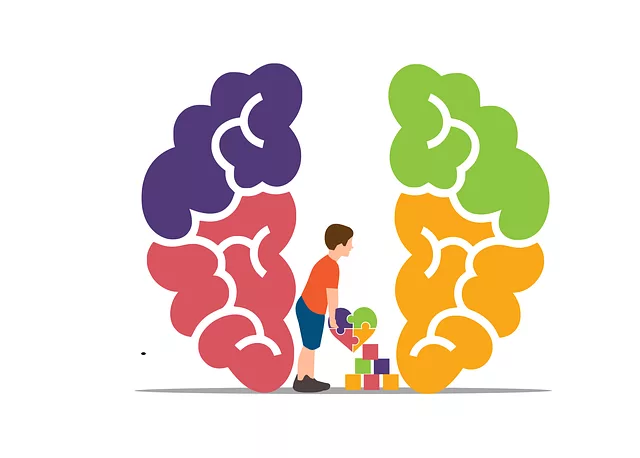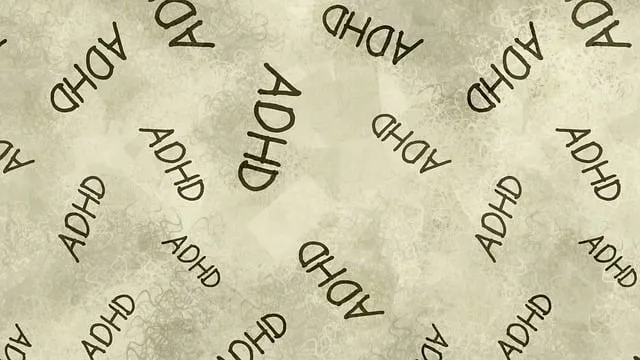The Parker Kaiser Permanente (PKP) mental health department is a leading force in understanding and addressing community mental health needs, serving a vital role with data-driven insights. They analyze socio-economic factors, cultural backgrounds, and resource access to identify unique challenges, enabling targeted interventions focused on emotional well-being promotion. PKP designs inclusive outreach by tailoring resources and communication for diverse communities, reducing language barriers and incorporating culturally relevant themes, leading to increased participation and enhanced mental health outcomes. Through collaborative services, peer support groups, and continuous evaluation using KPIs and qualitative feedback, PKP significantly improves mental healthcare access and connections in the community.
Community outreach programs play a vital role in addressing mental health challenges, particularly within diverse urban landscapes. This article explores the comprehensive implementation strategies employed by the Parker Kaiser Permanente (PKP) Mental Health Department, which has been at the forefront of understanding and serving community needs. Through data-driven insights, PKP designed tailored programs that leverage cultural sensitivity and accessible resources. By collaborating with local organizations and hosting community events, they foster trust and enhance mental health awareness. This approach ensures that support services reach those most in need, with continuous improvement guided by key performance indicators and community feedback.
- Understanding Community Needs: Identifying Target Groups and Their Mental Health Challenges (Parker Kaiser Permanente mental health department's role in data collection and analysis)
- Designing Outreach Strategies: Effective Communication and Engagement Tactics (Number of programs tailored to diverse communities, cultural sensitivity, accessible resources)
- Implementing Support Services: Building Trust and Overcoming Barriers (Collaboration with local organizations, community events, peer support groups, and their impact on mental health awareness)
- Measuring Success and Continuous Improvement: Evaluating Outreach Program Effectiveness (Key performance indicators, feedback mechanisms, and adjustments for enhanced community engagement)
Understanding Community Needs: Identifying Target Groups and Their Mental Health Challenges (Parker Kaiser Permanente mental health department's role in data collection and analysis)

Understanding Community Needs is a pivotal step in implementing effective outreach programs. The Parker Kaiser Permanente mental health department plays a crucial role here, leading data collection and analysis efforts. By studying demographics and psyches within specific communities, they identify vulnerable groups grappling with unique mental health challenges. This process involves delving into various factors such as socio-economic status, cultural backgrounds, and access to resources, revealing the intricate tapestry of emotional well-being promotion techniques required.
The department’s insights enable targeted interventions focused on inner strength development and emotional regulation. Recognizing that each community has its own set of needs, they tailor programs accordingly. This strategic approach ensures that support mechanisms address not just symptoms but also the root causes of mental health issues, fostering sustainable improvements in emotional well-being.
Designing Outreach Strategies: Effective Communication and Engagement Tactics (Number of programs tailored to diverse communities, cultural sensitivity, accessible resources)

Designing Outreach strategies requires a nuanced approach to cater to the diverse needs of various communities. The Parker Kaiser Permanente mental health department highlights the importance of tailoring programs to accommodate cultural sensitivities and ensure accessibility. By recognizing and respecting different cultural backgrounds, beliefs, and communication preferences, mental healthcare providers can foster trust and encourage engagement. This means adapting resources and tactics to resonate with specific communities, whether it’s through language considerations, community-specific themes, or culturally tailored interventions targeting emotional regulation.
A key aspect of successful outreach is effective communication. This involves using clear, inclusive language and accessible resources, especially when addressing sensitive topics related to mental health. Encouraging positive thinking and emotional expression while navigating cultural nuances can create a safe space for individuals to connect with services. The Parker Kaiser Permanente model emphasizes the power of tailored strategies in increasing participation rates and ultimately improving mental well-being within diverse communities.
Implementing Support Services: Building Trust and Overcoming Barriers (Collaboration with local organizations, community events, peer support groups, and their impact on mental health awareness)

Implementing support services is a pivotal aspect of community outreach programs, particularly when focusing on mental health awareness and improvement. By collaborating with local organizations, hosting community events, and fostering peer support groups, the Parker Kaiser Permanente mental health department has significantly enhanced its reach and impact. These initiatives not only build trust within the community but also overcome barriers that often prevent individuals from seeking help.
Effective communication strategies, healthcare provider cultural competency training, and emotional well-being promotion techniques have been integral to this success. By engaging in these activities, the mental health department has fostered an environment where residents feel comfortable discussing their struggles openly. This increased awareness and reduced stigma encourage people to prioritize their emotional well-being, ultimately leading to better mental health outcomes for all community members.
Measuring Success and Continuous Improvement: Evaluating Outreach Program Effectiveness (Key performance indicators, feedback mechanisms, and adjustments for enhanced community engagement)

Measuring success and ensuring continuous improvement are vital components of any community outreach program. To evaluate effectiveness, the Parker Kaiser Permanente mental health department utilizes a multi-faceted approach. Key performance indicators (KPIs) such as attendance rates, client retention, and satisfaction surveys provide quantitative data on program impact. Additionally, feedback mechanisms like focus groups and individual interviews offer qualitative insights, allowing for a deeper understanding of participants’ experiences.
Through these evaluation methods, the mental health department can identify areas for enhancement. For instance, if feedback highlights a need for more culturally sensitive practices, they can incorporate Compassion Cultivation Techniques and Empathy Building Strategies into their outreach initiatives. This data-driven approach ensures that the program adapts to the community’s evolving needs, fostering stronger connections and improved mental healthcare access.
The implementation of community outreach programs, as demonstrated by the Parker Kaiser Permanente mental health department’s initiatives, is a powerful strategy to address diverse communities’ unique mental health challenges. By understanding target groups through data-driven analysis, designing culturally sensitive strategies, and collaborating with local organizations, this approach fosters trust and enhances accessibility to support services. The success of these programs lies in their ability to measure impact through key performance indicators and community feedback, ensuring continuous improvement and a lasting positive effect on mental health awareness and well-being.






